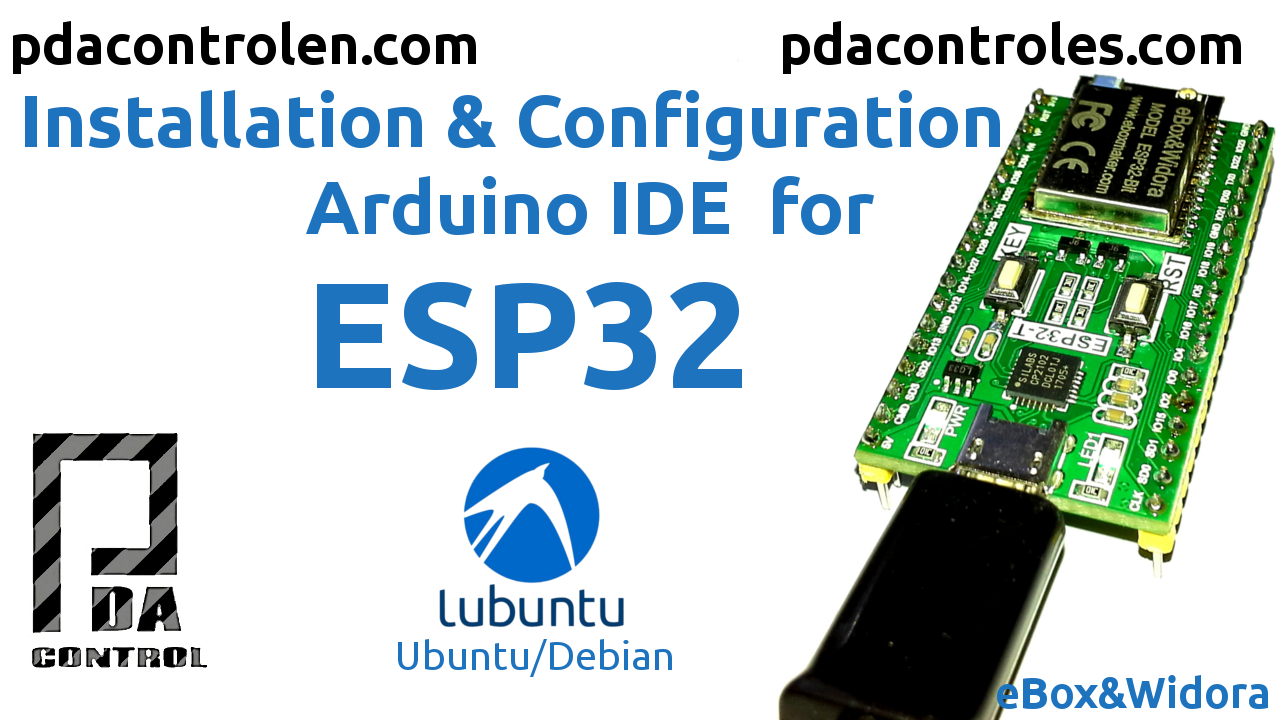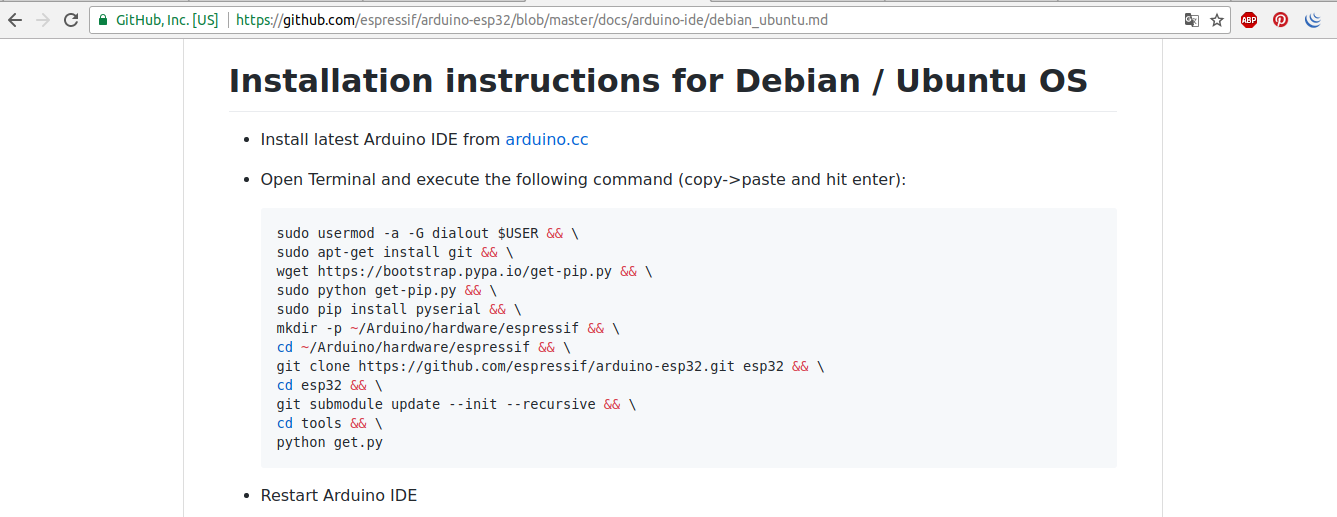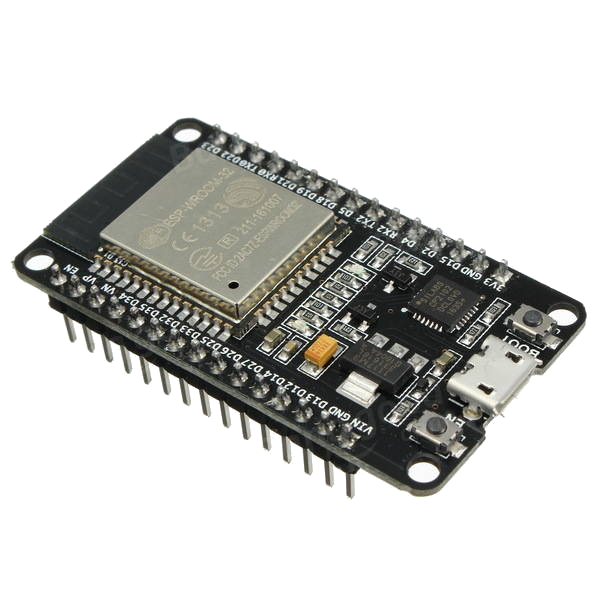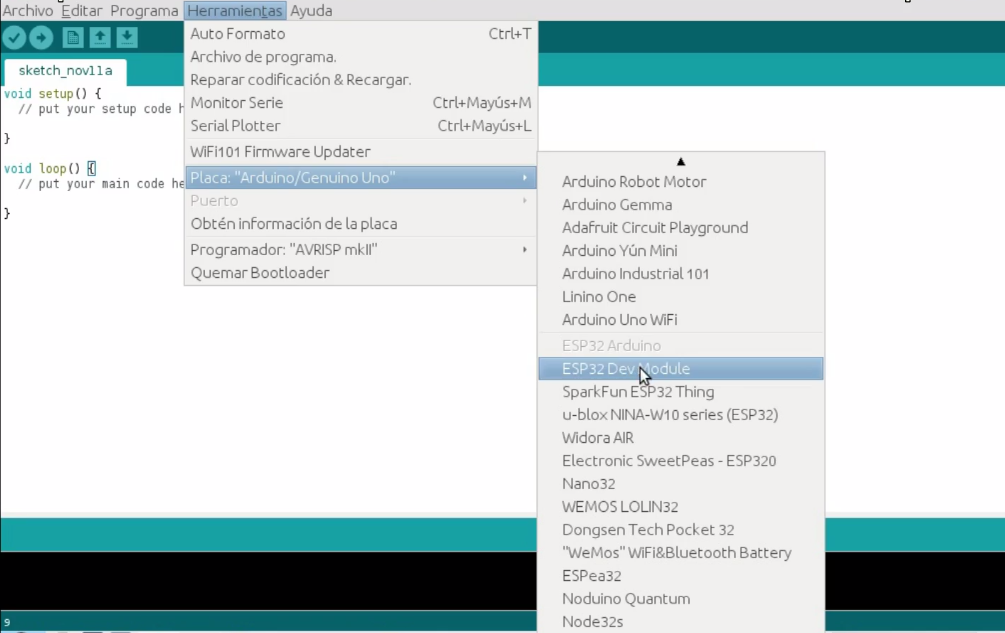Given the great popularity of the ESP8266 programmed from Arduino IDE in great contribution by Ivan Grokhotkov thanks, Currently for ESP32 modules has been allowed to program them from Arduino IDE in collaboration with espressif, Although it is a project under construction so far the control of certain hardware is in the process of migration.
Currently the project is available on Github: espressif/arduino-esp32
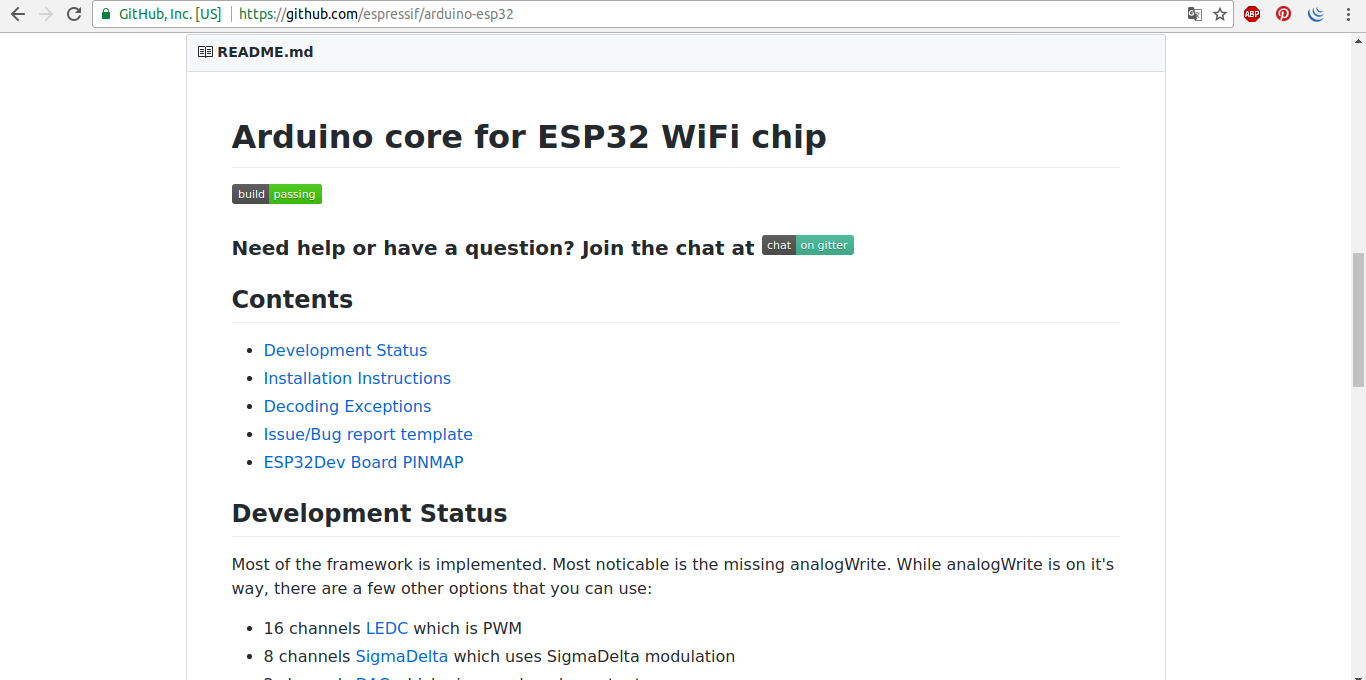
This time I have decided to try Arduino IDE, I will install it in a virtual machine (Virtualbox) on my Lubuntu (Ubuntu / Debian), although it can be installed directly on Windows, I recommend a virtual machine with Linux for those cases too.
Recommended Tutorial: How to create Virtual Machine (Lubuntu) Linux on Windows
Since technically it is an adaptation to program such modules, use python and its tool esptool, since I like to see the installation of the software in detail, in case of finding errors, I will do the process step by step.
This process will start by reviewing the installation of Arduino IDE in Ubuntu/Debian, it is installed from the folder that contains the files since we download from arduino.cc, , there are 2 methods of installing the components for ESP32 and we will use the first one:
Materials and where to buy them cheap
Complete Video: Arduino IDE configuration for ESP32
Some views
- Boards ESP32 Available
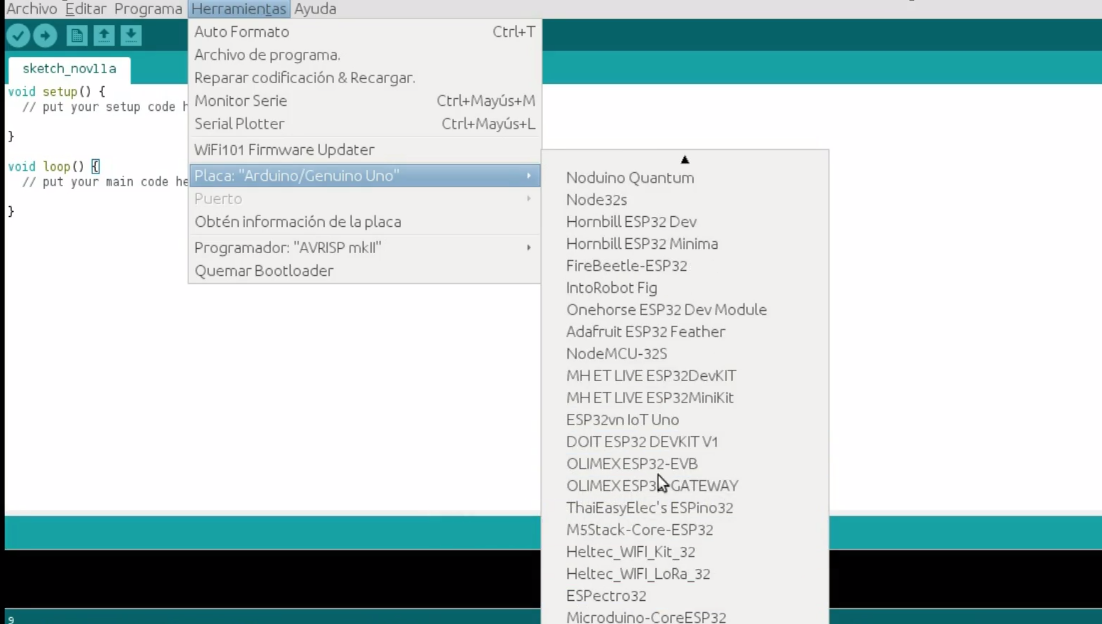
- Examples Availables
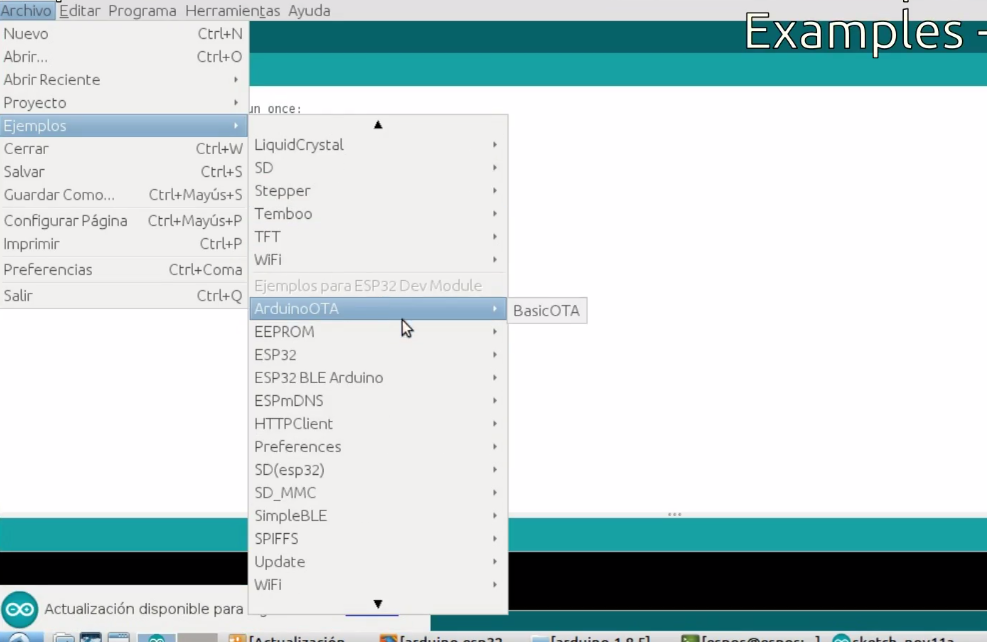
Conclusions
I have done some tests, account some basic examples such as bluetooth, I will continue in tests until I see its scope.
Personally very grateful to all the collaborators for this integration!
Although we will try other methods and platforms available to program ESP32 such as:
- ESP-IDF & FreeRTOS (Recommended)
- Mongoose OS
References
- espressif/arduino-esp32
- Recommended Tutorial: Complete Migration to lubuntu
- Recommended Tutorial: How to create Virtual Machine (Lubuntu) Linux on Windows
